Early Childhood Development
Learning development starts long before a child begins kindergarten. A child’s development is strengthened through regular interaction and stimulation in both the home and in quality early learning settings.
Here are five things to know about child care and childhood development:
- During the earliest years of life, the brain is most flexible and responsive to learning, forming over a million new neural connections every second.
- Attending high-quality care can help kids build important skills, like learning to read, recognizing letters and the sounds they make, understanding and using math, and developing strong speaking and listening abilities.
- A large review of studies (meta-analysis) found that kids who attended high-quality early learning programs were less likely to be held back a grade and more likely to graduate from high school.
- High-quality early learning has positive long-term effects on children’s cognitive development, capacity to understand and manage emotions, ability to get along with others, and means to build relationships through kindergarten and beyond.
- Attending early learning and care programs have been associated with significant reductions in special education placement.
Learn more:
Posts
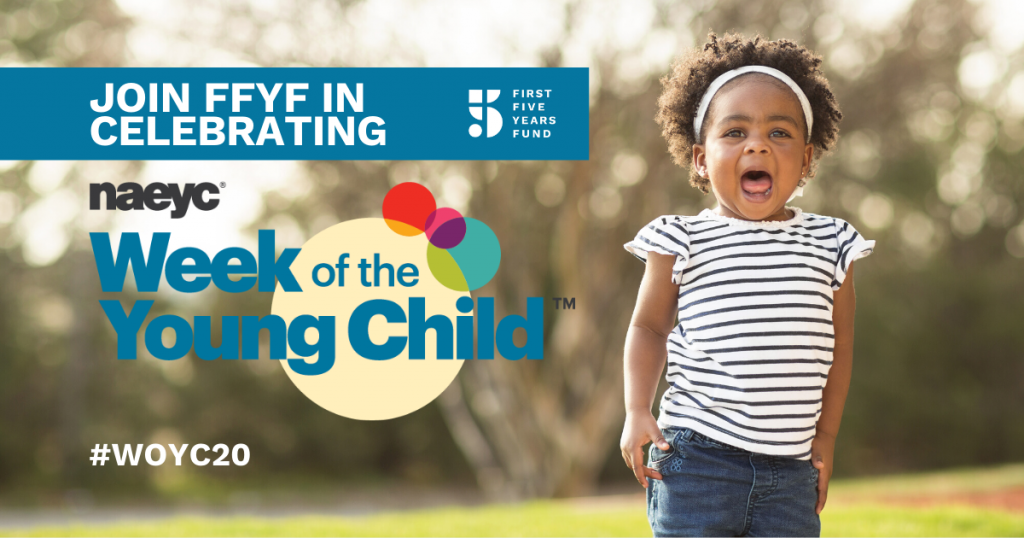
Resource
April 15, 2020
This week, the National Association for the Education of Young Children (NAEYC) is celebrating their annual Week of the Young Child. In the middle of the COVID-19 pandemic, this week …
News
April 6, 2020
Last week, FFYF joined with the Home Visiting Coalition Steering Committee to respond to a request for information from Senate Finance Committee Chairman Grassley and Ranking Member Wyden on evidence-based …
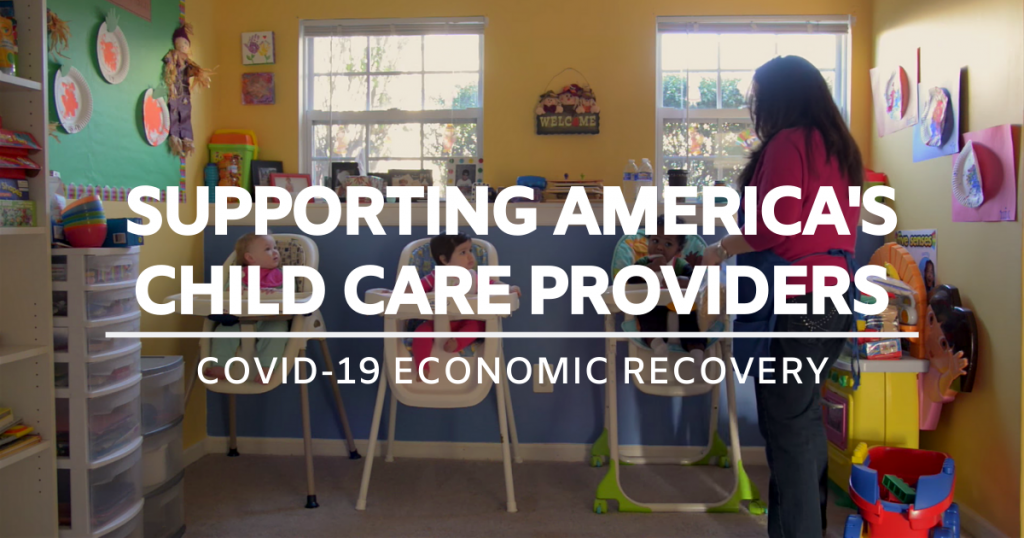
Resource
March 27, 2020
The following is a statement from a group of national early learning and care organizations committed to supporting the child care industry with information and resources about the COVID-19 economic …

Resource
March 11, 2020
Facilitated by the National Association for the Education of Young Children (NAEYC), fifteen national organizations released the Unifying Framework for the Early Childhood Education Profession. The framework was released this …
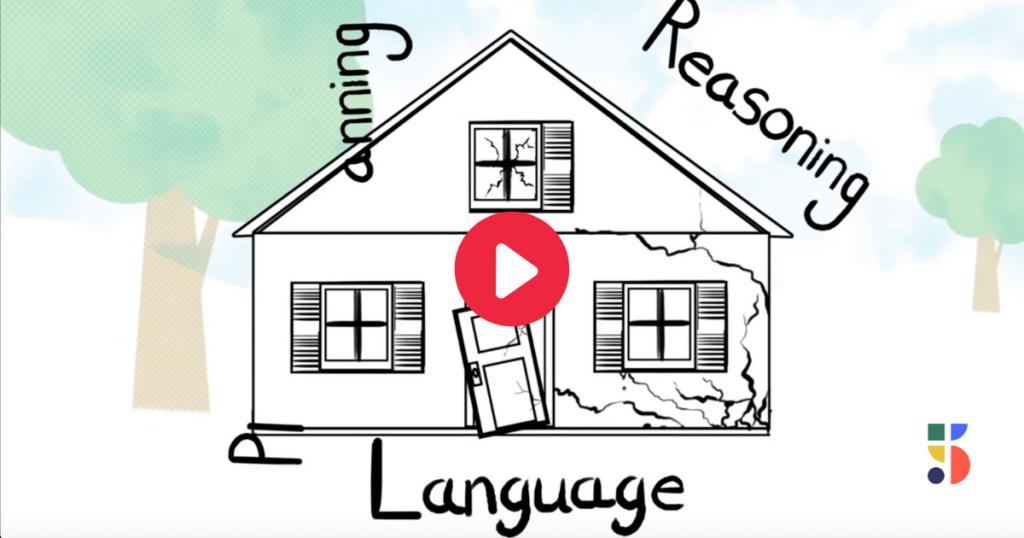
Resource
February 12, 2020
We often talk about brain science and the importance of healthy development in children, but what does that really mean? Check out our video based on the research of Dr. …
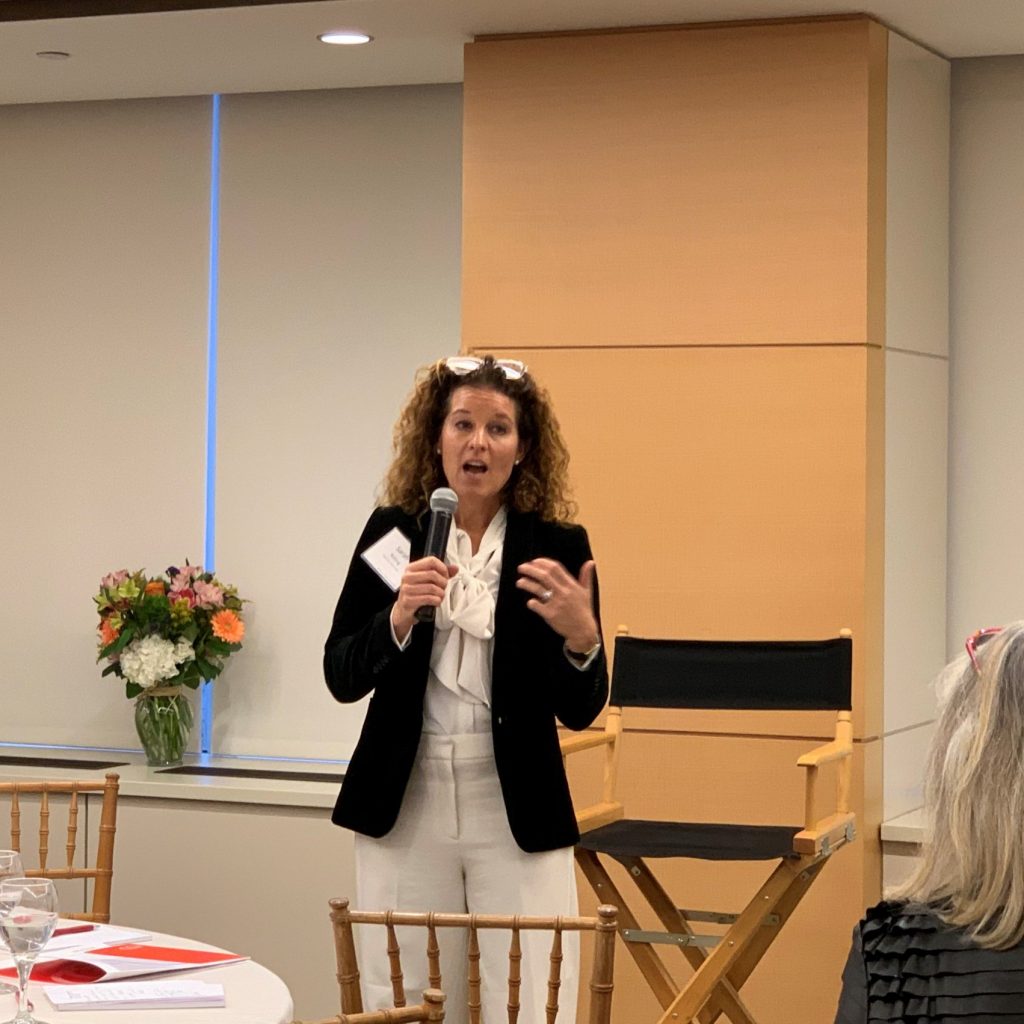
Resource
January 28, 2020
On Monday, the Bank Street Education Center (Bank Street) hosted an event to discuss their new research and new national vision to invest in the early learning workforce. The event …
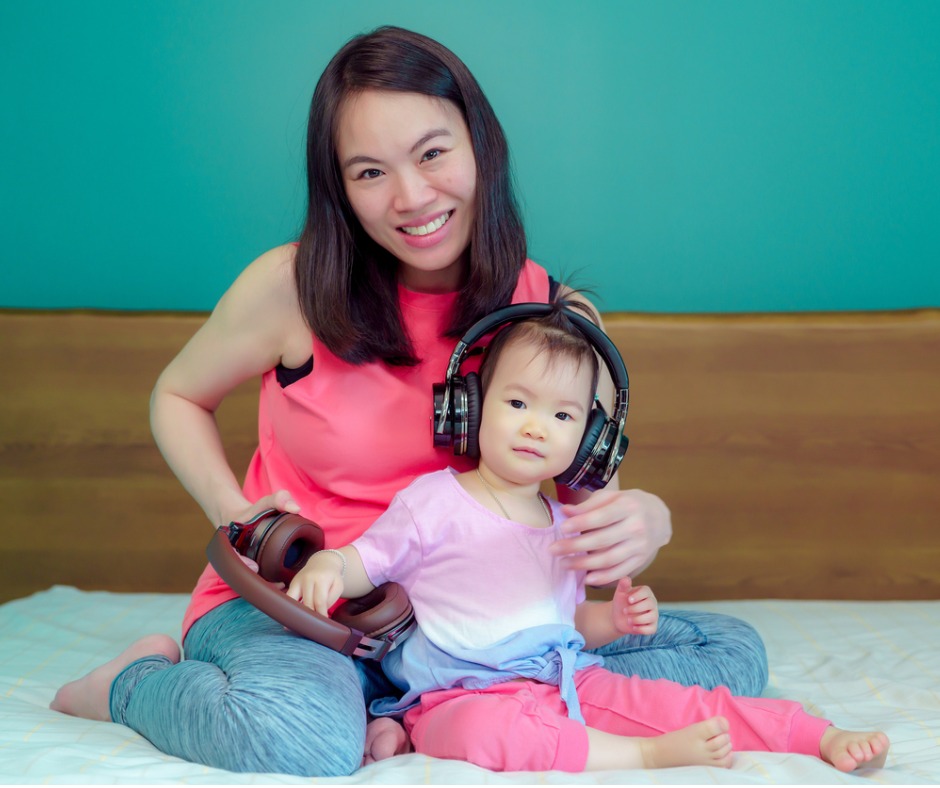
News
January 9, 2020
The early years of a child’s life are the building blocks on which they will form intellectual, social, and emotional skills to last a lifetime. A new podcast aims to …

News
December 11, 2019
WASHINGTON – Yesterday, the House of Representatives passed the Building Blocks of STEM Act, a bipartisan, bicameral bill that instructs the National Science Foundation (NSF) to consider age distribution when …

Resource
November 19, 2019
In addition to the proven life-long benefits, the overwhelming research shows that children living in poverty who experience quality early childhood education programs are more prepared for school, both behaviorally …
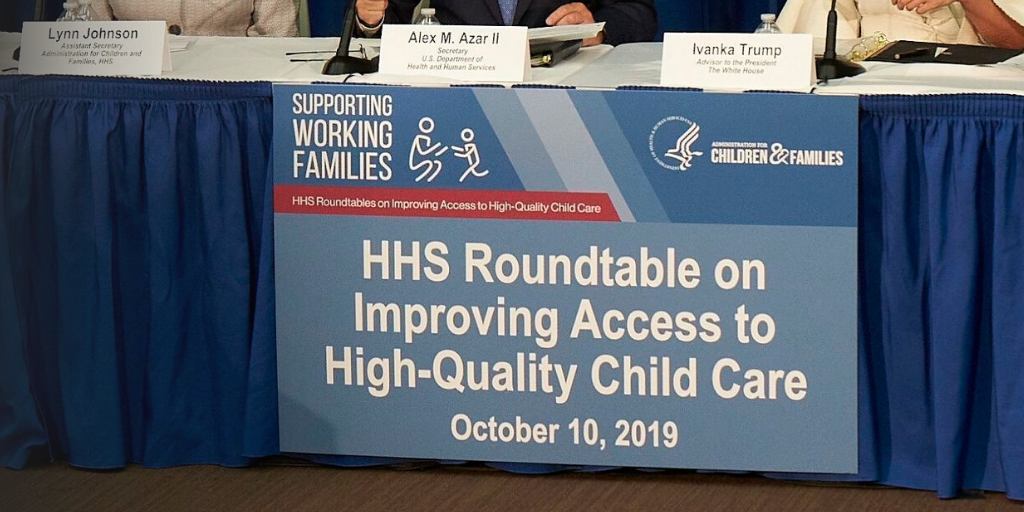
Resource
November 18, 2019
The Department of Health and Human Services (HHS) just wrapped up a nationwide, 10-city listening tour, which featured roundtable discussions with parents, employers, child care providers, states and localities, tribal …
Resource
November 5, 2019
Every 10 years, the Census Bureau at the U.S. Department of Commerce conducts a nationwide census to count all U.S. residents. Among other things, Census results determine how federal funds …

Resource
September 5, 2019
This week, Child Trends released new data about the different types of care settings and which are preferred by families with infants and toddlers. Using data from the National Survey …










